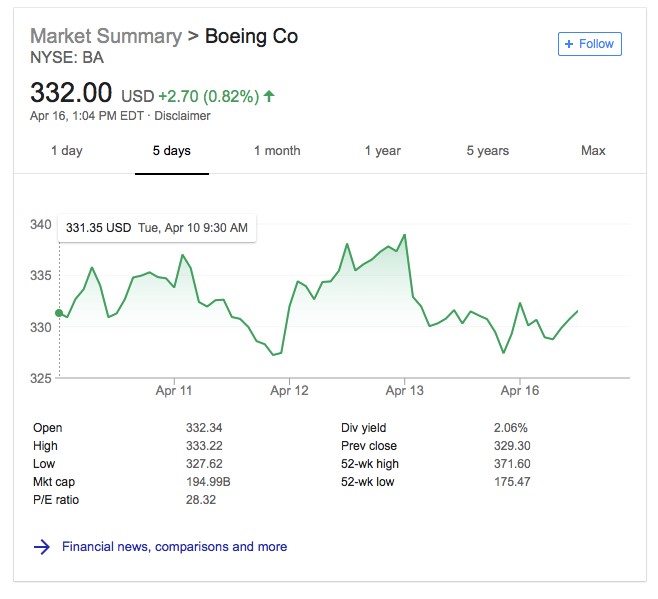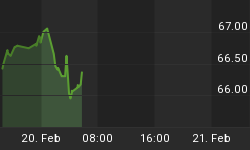In the wake of a new round of U.S. sanctions against Russia, the Kremlin is in the market for revenge, and the specter of one potential counter-sanction already took a bite of aerospace giant Boeing last week.
At risk is Titanium, a rare earth metal for which Russia is a productive beast, but it will get plenty of pushback at home against cutting this strategic metal out of the U.S. export portfolio.
Russia is the world’s largest producer of titanium, and it’s also Boeing’s primary supplier.
Russian lawmakers have already drafted a bill to ban titanium exports to the U.S., but it wasn’t well received at home. VSPMO-Avisma, which holds a monopoly on the Russian titanium market, produces one-third of the world’s titanium for the aircraft industry, and delivers some 70 percent of its product to the global market.
The Russian corporation provides 40 percent of titanium components for Boeing and 60 percent for Airbus, and covers all titanium components for Brazil's Embraer. The company is a key supplier of titanium to Boeing, and the companies have a joint enterprise in the Urals.
“Violation of cooperation ties, and failure to carry out business obligations can for a long time, if not for ever, take our company out of the dynamically developing titanium market. In addition, 20,000 jobs in the Urals region will be at risk. Therefore, we hope for wisdom and foresight from Russian lawmakers,” VSMPO-Avisma said in a statement carried by Russian media.
A possible ban on exports could be devastating for the Russian titanium industry and by extension, the entire economy.
At the same time, Boeing’s stock took a hit last week, when the potential of the ban was still fresh, but recovered some losses by Monday after the market had time to digest the pushback from the titanium industry, easing fears.

(Click to enlarge)
It’s not just Boeing that has to worry, though. The ban could also include the supply of RD-180 engines used by NASA and the Pentagon to launch satellites.
Although Russia is a key supplier of the world's rare earth metals, taken all together, China is the main supplier globally—which is yet another concern for American industries in light of recent tariffs and an ongoing back-and-forth that looks like a run-up to a trade war. Related: Satis Group: 80% Of ICOs Are Scams
China accounts for about 90 percent of global production and its dominant position has resulted in price spikes and shortages in the past.

(Click to enlarge)
If Russia and China cut the U.S. off from rare earth metals, there may be Japan to fall back on—eventually.
Japanese researchers have found more than 16 million tons of rare-earth deposits, equivalent to a few hundred years of global consumption, under the seabed some 1,900 kilometers southeast of Tokyo.
With these minerals used in everything from smartphones and electric car batteries to airplanes, defense and satellite rockets, the fact that China has tightly controlled the world's supply for decades makes everyone uneasy—as does a Russia on the road to vengeance. Japan’s discovery could be a game-changer.
By Tom Kool for Safehaven.com
More Top Reads From Safehaven.com:

















